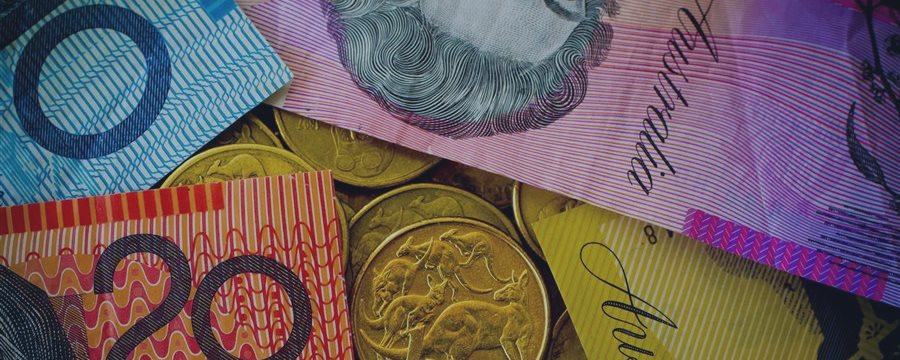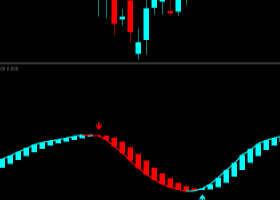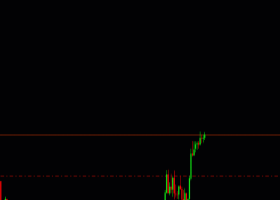
Yen weaker in light data day; Commodity-linked currencies undermined by oil plunge
On Monday the Australian dollar and yen traded weaker, as no important economic data was expected with Tokyo closed for holidays.
AUD/USD last traded at 0.7175, down 0.89%, while USD/JPY traded at 123.20, up 0.06%.
NZD/USD plunged 0.91% to trade at 0.6507.
Oil prices have seen a sharp drop on Monday with the focus on an upcoming OPEC meeting early next month.
Crude oil futures dropped 2.8% to trade at $40.73 a barrel, while Brent lost 1.31% to settle at $43.84 a barrel.
The oil market has been struggling in recent months amid uncertainty about how quickly the global oversupply of crude is set to shrink. Global oil production is eclipsing demand following a boom in U.S. shale oil production and after a decision by the OPEC last year not to trim production.
OPEC is to meet on December 4 to review their output strategy. Saudi Arabia and other Gulf OPEC members have recently signaled they will continue to stick to their policy of defending market share by keeping production high.
This week, U.S. markets will be shut Thursday for the Thanksgiving holiday and Friday will be a half day.
EUR/USD last traded at 1.0627, down 0.19%.
Last week, the shared currency dropped steeply against the dollar after European Central Bank head Mario Draghi gave the strongest signal yet that the regulator may unfold fresh stimulus measures as soon as December.
He pointed to changes to the
ECB's asset purchase program and deposit rate as potential tools to stop
inflation from falling further below its target of just under 2%. He said the risk had
increased that the ECB would miss that target.
"If we decide (on Dec. 3) that the current trajectory of our policy is not sufficient to achieve our objective, we will do what we must to raise inflation as quickly as possible," he told a conference in Frankfurt.
His remarks highlighted the diverging monetary policy expectations between the U.S. Federal Reserve and the ECB.
Meanwhile, appetite for the greenback remained strong due to expectations that he Federal Reserve is on track to increase borrowing costs next month.
New York Fed President William Dudley said on Friday that there is a "strong case" for raising rates at the central bank’s next meeting in December as long as economic data continues to remain strong. Higher U.S. interest rates would make the dollar more attractive to yield-seeking investors.
The dollar edged lower earlier last week as investors locked in profits after a strong rally, before pushing higher again on Friday as market players re-entered dollar positions.


